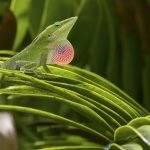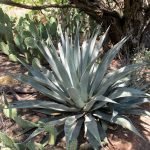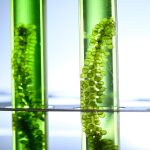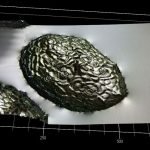Neanderthals and early humans: A DNA love story
Imagine two long-lost cousins reuniting after thousands of years and realizing they're more similar than they thought!
This is kind of what happened between Neanderthals...
Dogs choose yummy treats over fun toys, shows study
Ever wondered what your dog loves more – that tasty treat you offer or their favorite toy?
Researchers from the University of Florida set out...
How evolution keeps animals looking the same for millions of years
Once upon a time, in a lush green garden in Florida, a group of scientists embarked on a remarkable journey to understand why creatures...
These ancient agave plants are a living link to Arizona’s Pre-Columbian cultures
In the sun-drenched landscapes of Arizona, researchers have stumbled upon an astonishing discovery: agave plants, a crucial component of early American diets and economies,...
In 250 million years, a single supercontinent will form, wiping out nearly all mammals
A recent study published in Nature Geoscience uses supercomputer climate models to examine how a supercontinent, dubbed Pangea Ultima (also called Pangea Proxima), that...
Scientists discover DNA scissors in unlikely creatures
Scientists at MIT have made an incredible breakthrough, discovering thousands of enzymes in a variety of species such as algae, snails, and amoebas, which...
Is there really a 1 in 6 chance of human extinction this century?
In 2020, Oxford-based philosopher Toby Ord published a book called The Precipice about the risk of human extinction. He put the chances of “existential...
Earth’s smallest flowering plant can handle 20x earth’s gravity
Astronauts need to eat, and they need to breathe. That means, for long-duration missions, they are going to need to bring plants with them.
But...
A new discovery: could there be a sixth taste?
Remember that zesty tingle on your tongue when you taste a lemon?
Or how a piece of candy can make your day sweeter? These are...
Cosmic airburst might spark agriculture in Syria 12,800 years ago, shows study
Once upon a time, nearly 13,000 years ago, something extraordinary happened that would eventually reshape the way humans lived and survived.
This story isn’t a...










